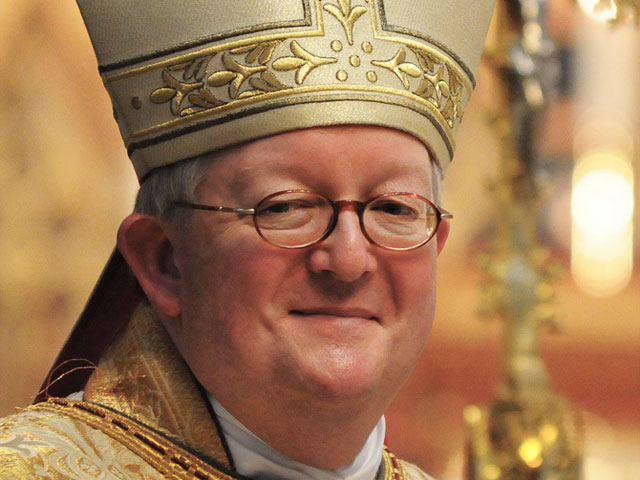My @Npr story this AM about an alternative to church that helps poor people do their laundry http://t.co/kgfy0dlwk3
— lisa napoli (@lisanapoli) July 27, 2014
Loads of Love, just one of the popular laundry ministries organized by churches across the nation, involves a whole lot of quarters — and conversation.
In Texas, the United Methodist Church’s Arlington Urban Ministries program has operated a laundromat ministry since 1997. In Charlottesville, Va., the Belmont Baptist Church has offered the needy access to washers and dryers, free detergent and laundry supplies since 2010. In Portland, Ore., volunteers with the Eastside Church of Christ began going into laundromats in 2010 as “a coin-friendly way to share Christ.”
A few months ago, the Episcopal News Service reported on “Laundry Love” ministries involving some of that denomination’s California churches. A video posted on the Episcopal Church’s website earlier this month highlighted Laundry Love as “modern day footwashing.”
This week, Laundry Love made its way to NPR:
It’s 7 p.m. on a weeknight at a strip mall in Huntington Beach, Calif., and people have been lined up for hours outside a laundromat here. They’ve been waiting for a chance to do their wash for free. As they file in, volunteers direct them to the machines and help them to supplies.
This is “Laundry Love” at work — a ministry that raises money to pay for detergent, dryer sheets and quarters for machines.
Laundry is a daunting chore for many people, but for the working poor, the cost of doing laundry — not to mention the time involved in hauling it to a laundromat — can be prohibitive. It can also mean going without other basic essentials.
The idea for Laundry Love began at an Episcopal congregation in Ventura, Calif., and slowly but surely, it’s spreading. Now, more than 70 churches, mosques and synagogues around the country have adopted the practice.
The NPR story does not specify when the ministry started, but the Episcopal News Service report indicated it began about 10 years ago. Nor does the NPR story provide any context on other laundry ministries — and approaches — that exist outside of the Laundry Love effort.
Still, it’s an interesting story — albeit an incomplete one.
NPR advances the notion (as does the writer’s tweet) that the laundry ministry somehow replaces traditional church:
Shannon Kassoff, one of the organizers of Laundry Love in Huntington Beach, says it’s about more than just free laundry. This group was formed by people who became disillusioned with traditional church, and started taking over this laundromat once a month.
“This is our church,” Kassoff says. “It is probably the best way to be involved in other people’s lives, not just handing out food in a soup kitchen, or whatever. We get to know them very well, and that’s probably the best part of this whole deal.”
How exactly is the laundromat an alternative to church? Are there any spiritual aspects to the ministry — such as praying or reading the Bible? Does Kassoff really come to the laundromat instead of going to church, or is the interviewee speaking metaphorically?
NPR does not provide answers to such basic questions — leaving the reader’s (or listener’s) clothes dripping wet after a half-done wash cycle.











